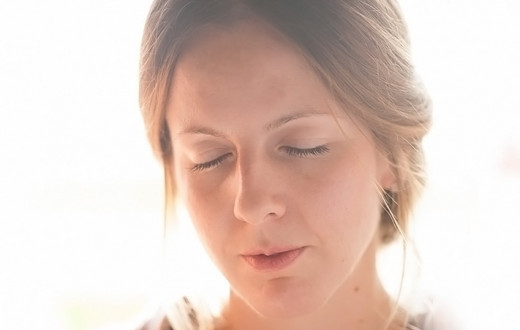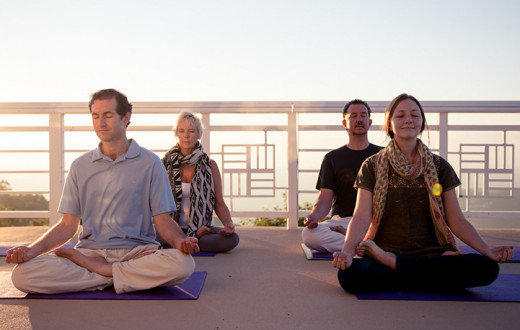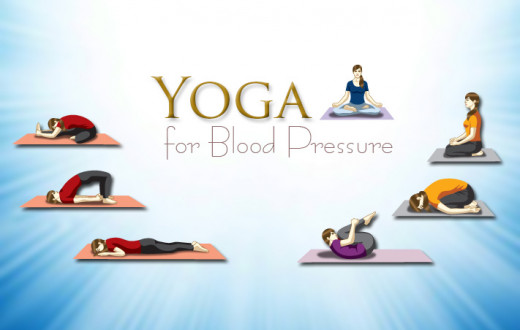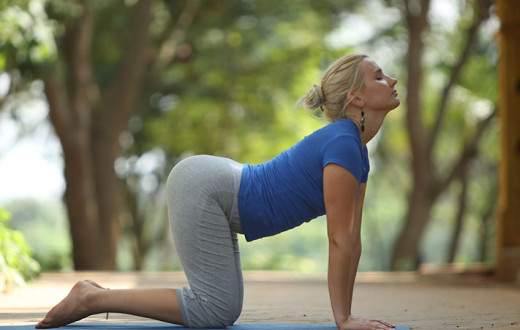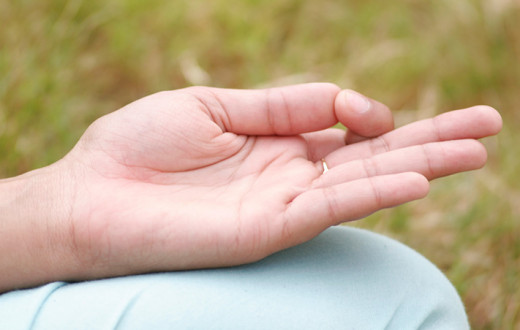Do you want to know how to meditate? Are you looking for meditation for beginners?
Yes, It is natural to seek profound experiences in meditation, especially when you have just begun meditating. Meditation techniques are a great way to reduce stress, increase focus and improve overall well-being. By ensuring a few simple things before you start meditating, you can have a better experience in meditation. The usual beginner questions are ‘how to meditate’ and ‘how to start meditating at home’.
Here are eight tips for meditation to help beginners get started.
How to meditate - 8 tips to get started
- Choose a convenient time
- Choose a quiet place
- Sit in a comfortable posture
- Keep a relatively empty stomach
- Start with a few warm-ups
- Take a few deep breaths
- Keep a gentle smile on your face
- Open your eyes slowly and gently
1. Choose a convenient time
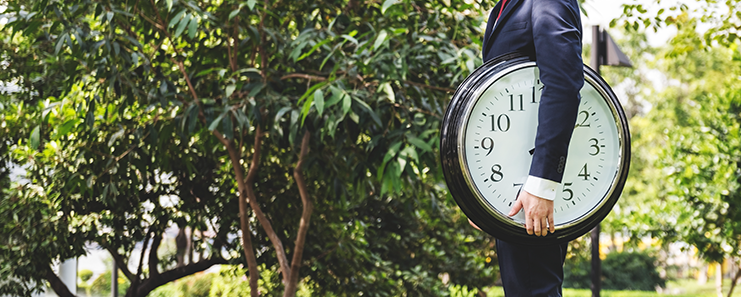
Meditation is relaxation. If you’re thinking about how to meditate properly, then do it entirely at your convenience. Choose a time when you know you are not likely to be disturbed and have the freedom to relax and enjoy. The hours of sunrise and sunset are also ideal for meditation. These hours are when there is a serene calm at home, helping you to meditate easily.
2. Choose a quiet place

Just like a convenient time, choose a quiet and peaceful environment where you can sit and meditate without distractions. It could be a quiet room in your home, a soft spot in nature, or even a meditation center. Such a place can make meditation for a beginner more enjoyable and relaxing.

Your posture makes a difference. Find a comfortable seated position that works for you. You can sit on a chair or the floor with a cushion. Keep your spine straight and relaxed with your hands resting on your lap. Relax, and be steady as much as possible. Sit straight with your spine erect, keep your shoulders and neck relaxed, and keep your eyes closed throughout the process.
Keep in mind: It is a myth that one must sit in padmasana (lotus position) to meditate.
Meditating on a relatively empty stomach is recommended at home or in the office. The reason to meditate before a meal is simple - you might doze off while meditating after a meal. Sometimes it can also cause discomfort while meditating with a full stomach.
When you are hungry, the hunger cramps may distract you from meditating. Your mind may even keep thinking about food the whole time! Hence, it is advisable to meditate two hours after a meal.
Keep in mind: Do not force yourself to meditate when you are hungry.
Warming up before meditation aims to bring your attention to the present moment and prepare your body and mind for meditation. If you are wondering how to start meditating, then a few warm-up exercises or sukshma yoga (subtle yoga exercises) before meditation helps improve circulation, remove inertia and restlessness and make the body feel lighter. This is an essential step in learning how to meditate, enabling you to sit steadily for a longer time.

Taking deep breaths before starting is another essential tip for learning meditation. Deep breathing or doing nadi shodhan pranayama before beginning a meditation technique is a good idea. It helps to steady the rhythm of the breath and leads the mind into a peaceful meditative state. Pay attention to your breath as you inhale and exhale. Count your breaths if it helps you to stay focused. When your mind wanders, gently bring your attention back to your breath.

Smiling gently throughout the exercise is unmissable and non-negotiable! A gentle smile keeps you relaxed and peaceful while enhancing the meditation experience. Give it a try.

As you come to the end of the meditation, don't be in a hurry to open your eyes or move your body immediately. Instead, become aware of yourself and your surroundings and open your eyes gradually. Then slowly move your body, and you are ready for the day!
* Are you looking to start your journey in meditation or going deeper? Are you asking yourself how to meditate? Your journey can begin and end here. Gain access to tools that will stay with you through life, enhancing every step you take to learn meditation. Sign up for The Art of Living Online Meditation and Breath Workshop and unlock your path.
Starting a meditation practice can seem daunting, but anyone can do it with a little effort and patience. If you often ask yourself how to meditate properly, follow the above tips and give yourself the gift of a calm and centered mind.
Try this 10-minute guided meditation for beginners
Meditation techniques alleviate stress-related problems, deeply relax the mind and rejuvenate the system. If you’re not sure how to step into the world of meditation. In that case, you can sign up for our free introductory session for meditation for beginners. We talk about yoga, breath and meditation for 60 minutes, giving you an insight into the meditation world.
The Art of Living’s Sahaj Samadhi Meditation is a specially crafted program to help you tap into your unlimited potential by diving deep within yourself.
FAQ'S on Meditation Tips for Beginner's
Do’s
- Find a quiet corner
- Sit comfortably
- Be calm
- Meditate for considerable durations
Don’ts
- Do not meditate after having food
- Do not forcefully meditate when you are starving
- Do not meditate for long hours
- Do not check your mobile while meditating
- Avoid doing any other work while meditating
Meditation for beginners should be like a 10-minute session if you are just starting, and gradually increase the duration as you become more comfortable with the practice. It is vital to remember that the consistency of your practice is more important than the length of your meditation session. It's better to meditate for a few minutes every day than to have one long session and then not meditate again for several days. Once you have established a regular meditation practice, you may find longer sessions more beneficial.
After meditating, your body feels calm and composed with increased awareness. You also feel content with yourself and everything around you.
Yes, meditation can be practised daily since it has no side effects. Meditation is the delicate art of doing nothing and letting go of all efforts to relax in your true nature: love, joy, and peace. The practice of meditation gives you deep rest. Reducing stress levels and maintaining mental hygiene by practising meditation techniques daily is essential.
It's normal for thoughts to arise while meditating. Allow all thoughts to come and go. Observe them as an impartial bystander. Don’t judge or categorise them. Remind yourself that you are not your body, not your mind. There is more to you than just that.
Yes! You can also choose to meditate with soothing flute music or powerful chants.
You should meditate for a minimum of 20 minutes to experience noticeable effects.
It is advisable to do yoga first for a deeper meditation experience. Practicing yoga removes the restlessness in your body and quietens the mind: the perfect combination for a quality meditation experience.
It is best to meditate on an empty stomach as you don't want the digestion activity to interfere in the process of your going within. It is very likely that you fall asleep when you meditate on a full stomach.
One to two times a day is good.
It is preferable to practice Yoga Nidra meditation before you sleep for quality sleep.


